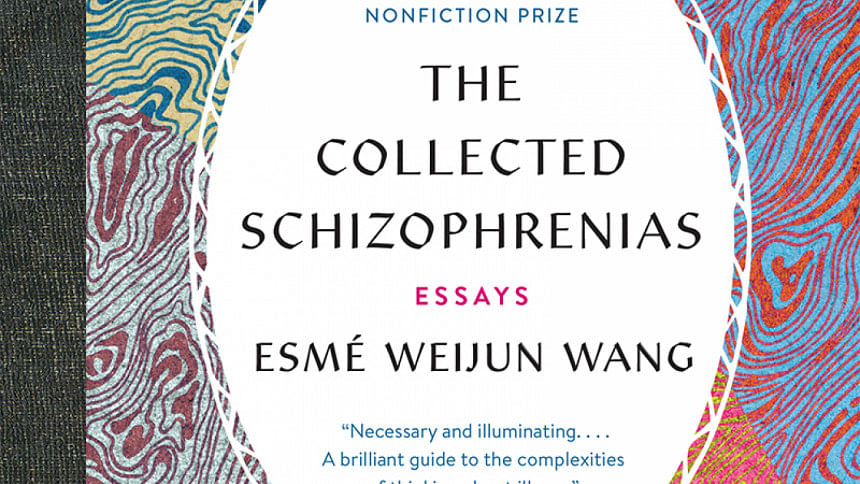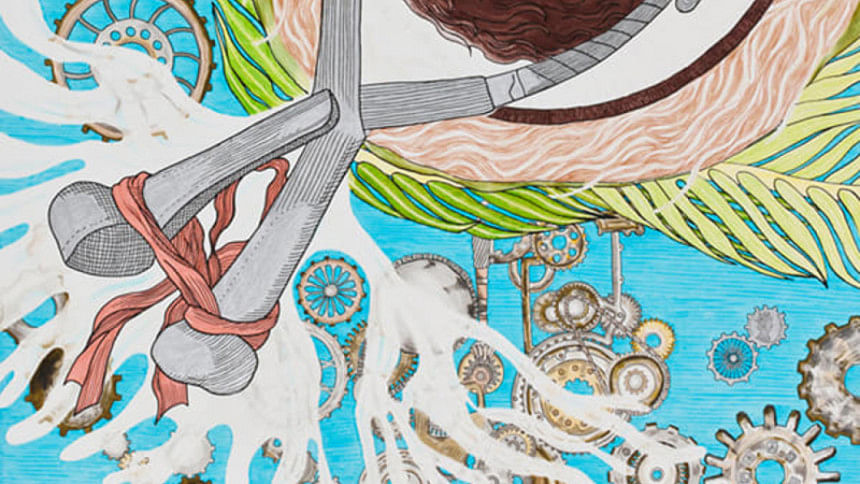Reading into Disability: A List

Notions of "able" bodies and "differently abled" bodies are subjective categories that we, as a society, have drawn across our communities. The books in this list offer stories and insight into how one can better understand the experiences of persons with disabilities, and how the world can create a more inclusive environment.

DISABILITY VISIBILITY: FIRST PERSON STORIES FROM THE 21ST CENTURY (Vintage Books, 2020)
Alice Wong
NON-FICTION
A series of personal essays by authors, artists, activists, lawyers, and politicians with disability explores the modern day experience of disability through the lens of identity, pop culture, theatre, and social prejudices. The first part of the book addresses the day to day challenges of living with blindness, autism, bipolar personality, and other forms of disability, and the following sections reveal how persons with disability have impacted society with their accomplishments and managed to connect with society despite their challenges.

WHAT CAN A BODY DO? HOW WE MEET THE BUILT WORLD (Riverhead Books, 2020)
Sara Hendren
NON-FICTION
In anecdotes drawn from working with people with disability, Sara Hendren describes how simple things like chairs, kitchens, street signs, and other elements of infrastructure can make sure that the world fits its inhabitants, instead of the other way around. Hendren points out cheap and sustainable models for such an endeavour, and offers critical insight into how the very definitions of normalcy that we depend on are subjective.

UNBROKEN: 13 STORIES STARRING DISABLED TEENS (Farrar, Straus & Giroux, 2018)
Marieke Nijkamp
FICTION
Twelve authors with disability write stories of friendship, love, war, travel, and more in this fiction anthology, all catered towards a young adult audience. The characters in each story reflect the author's respective experiences with physical or neuro-diverse disability.

THE COLLECTED SCHIZOPHRENIAS (Gray Wolf Press, 2019)
Esmé Weijun Wang
NON-FICTION
Wang's essays—intimate in tone and scope—combine her sharp analysis with a personal experience of being diagnosed with schizophrenia. She discusses the medical community's struggles while labelling an illness, the limitations of institutions and higher education in dealing with PTSD and Lyme's disease, and her own jarring episodes with hallucinations. The book delves deep into the author's own psyche, and in the process offers readers a deeper understanding of the experience of mental conditions.

BODYMAP (Mawenzi House Publishers, 2015)
Leah Lakshmi Piepzna-Samarasinha
POETRY
The six sections of this poetry collection explore ableism, cultural imperialism, and anti-capitalism filtered through the lens of queer people of colour with disability. The Sri Lankan poet devotes an entire chapter, "Crip World", to how society perceives mental illness and other forms of physical disability, and the injustices that become embedded in the social fabric because of repressed prejudices. The poems travel between verse and prose, vacillating between being tender and violent. Earlier this year, Piepzna-Samarasinha also published Care Work: Dreaming Disability Justice, a collection of essays which discuss the politics of caring for people with disability.





Comments